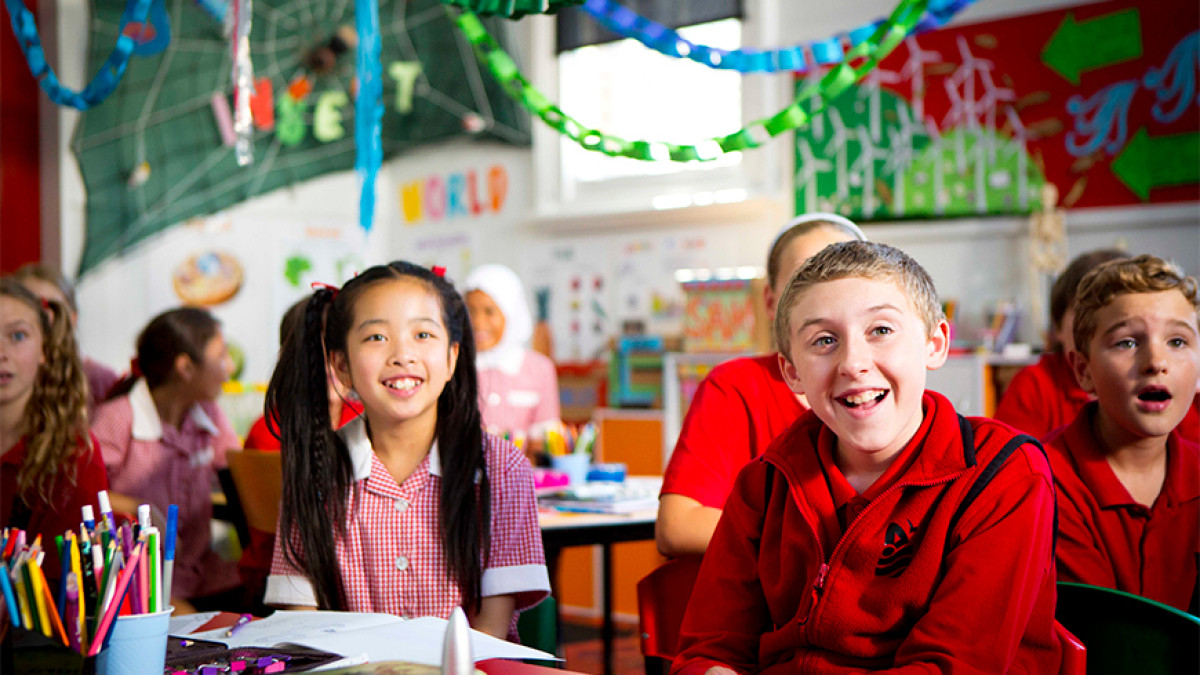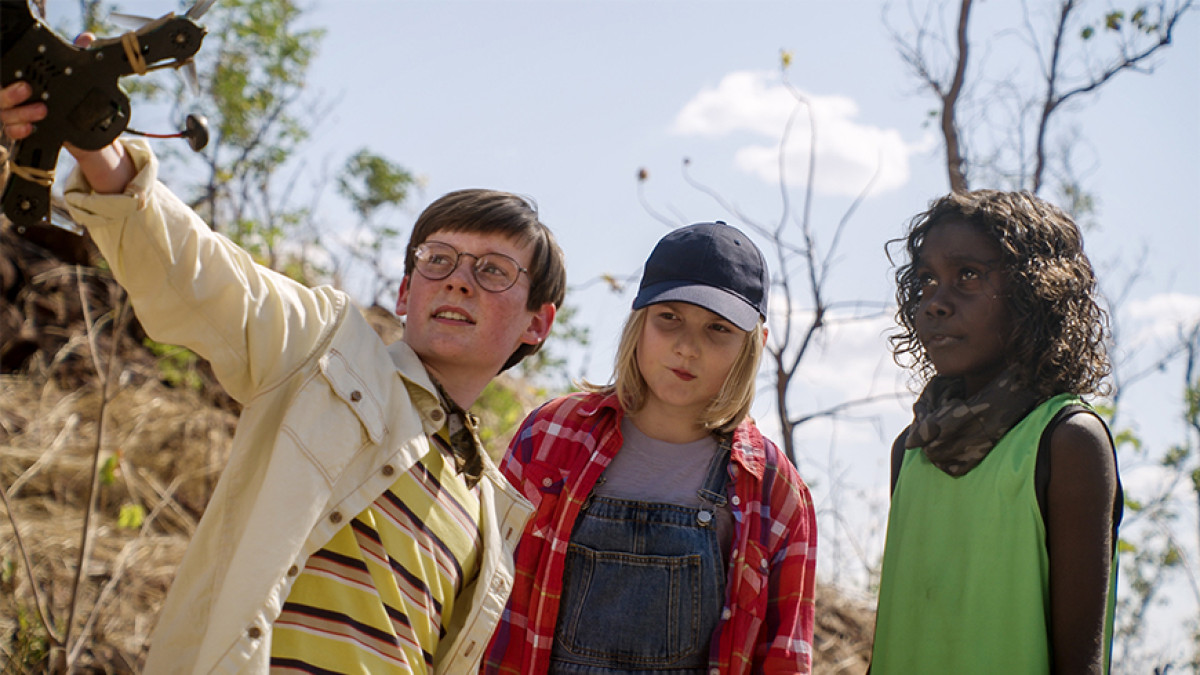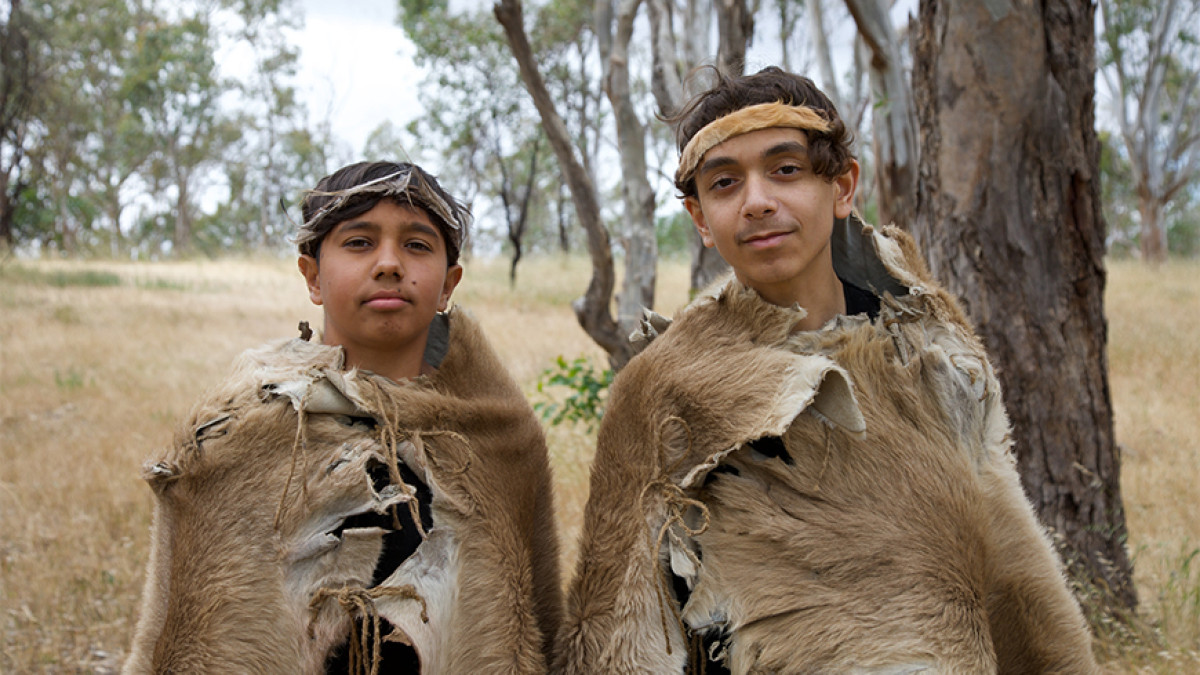ACTF News

School refusal – or school ‘can’t’ – occurs when children are regularly unable to attend school or experience significant distress when doing so. School attendance levels have declined rapidly in recent years, exacerbated by the COVID pandemic. In Victoria, which experienced the longest lockdowns, the rate of school refusal grew by 50 per cent in the three years to 2021.
Nationally, there is a lack of data to understand the scale and scope of the issue, but it is significant enough for the federal government to take notice. Late last year, the Senate’s education committee announced an inquiry into the national trend of school refusal and related matters. The inquiry received 145 submissions from education departments and organisations, advocacy groups, parents and other interested parties.
The reasons for school refusal are multifaceted and complex. They can be related to mental health, disability, learning difficulties, social anxiety, home life or past trauma, including previous negative school experiences. Beyond the immediate issue of attendance each day, the ensuing gaps in learning can significantly impact a student’s future education and career. School refusal can also put immense pressure on families.
While there is no quick fix or one-size-fits-all solution to the issue, quality children’s screen content, which is relatable and situates children in their own culture, can support children by normalising the school experience. Positive portrayals in programs that represent young people navigating school routines, environments and interactions can be particularly powerful for the child audience and alleviate some stresses around school. These programs can also keep children vicariously connected to the school community even when attendance is challenging.
Little Lunch is a comedy series that takes place during morning recess at school. Each episode tackles the big issues in the playground and focuses on six diverse and distinctly identifiable children. The powerful impact of a positive and authentic portrayal of the school experience was articulated recently in an email received by the Little Lunch producers:
“My daughter was in grade one last year and struggling with going to school. She had massive anxiety and tears every day and drop off was horrendous for her and so upsetting for us… But we discovered Little Lunch, and she loved it, found it hilarious, and I think really identified with it and saw herself and her classmates in the program. Little Lunch is the only thing that was different in our life at the time so I 100% attribute the program to her complete 180-degree change in attitude.”
ACTF CEO Jenny Buckland said: “The solution to the school refusal problem is not as simple as a few hours in front of the television. But screen content like Little Lunch and Little J & Big Cuz, which portray children in a school setting and show how affirming and joyous the school experience can be, can be helpful in reducing anxiety around the school experience and may resonate particularly well with some students.”
The final report will be published 21 June 2023.
You can view the ACTF’s submission to the inquiry here.



